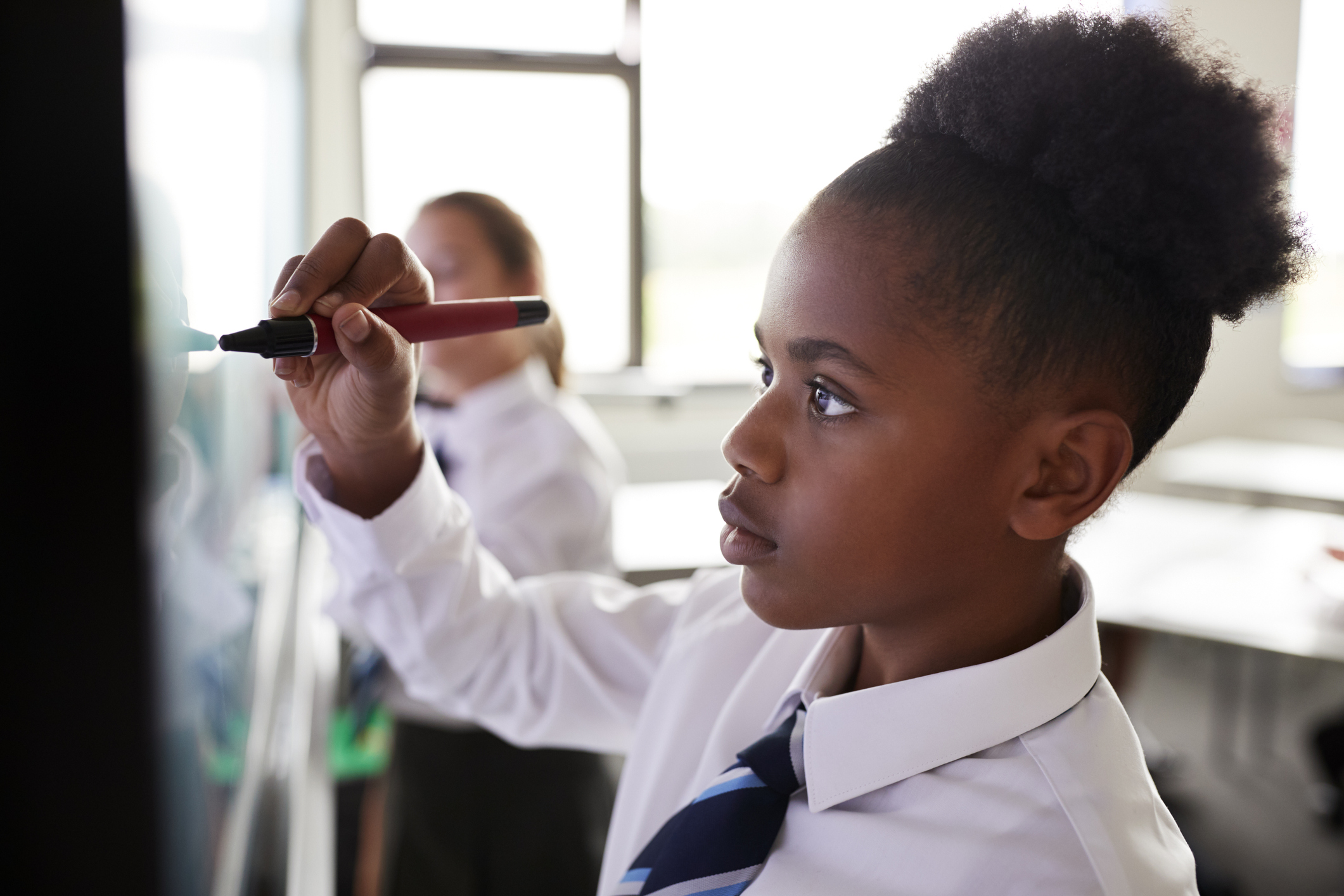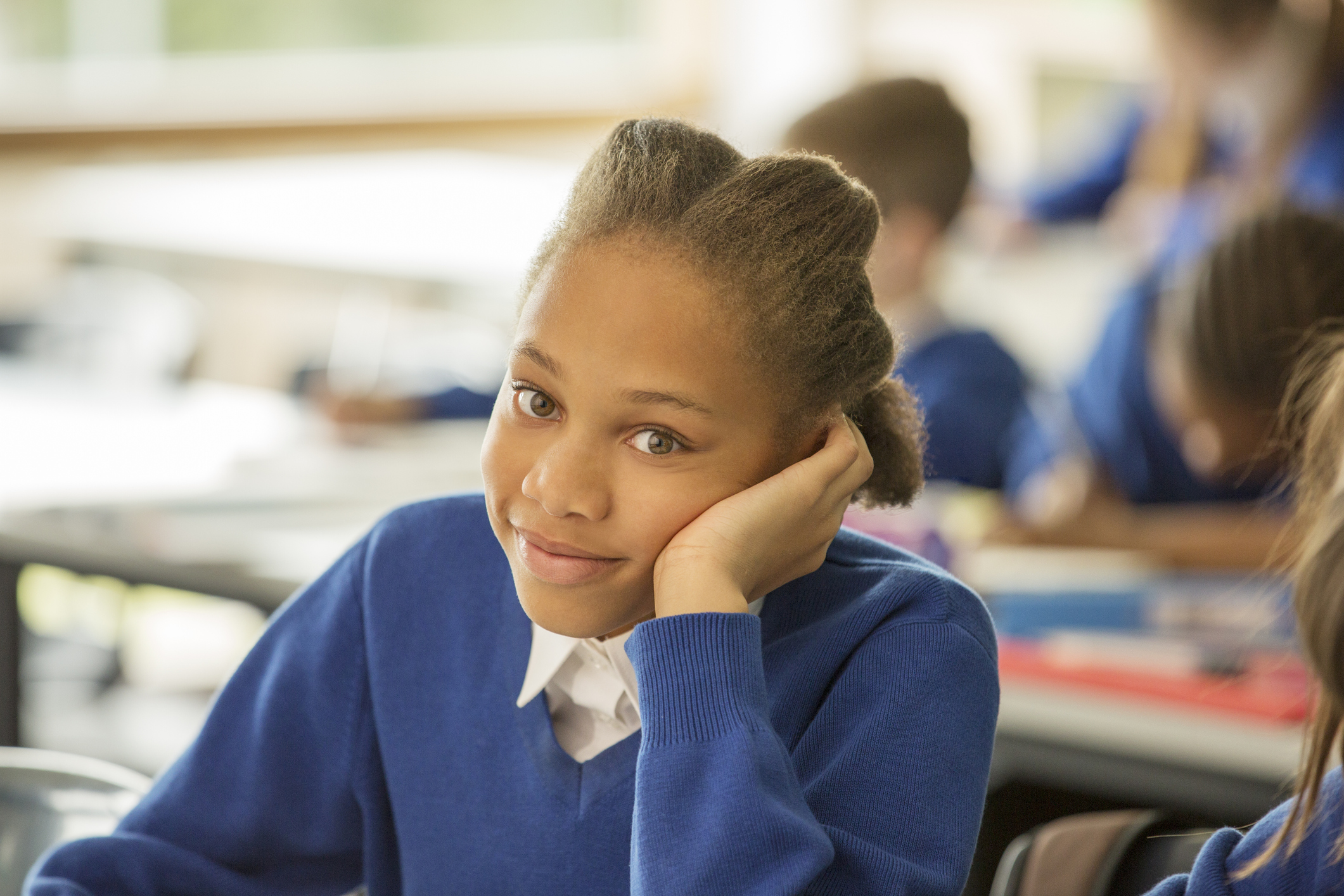
Leading Black Girls to Lead
The Leading Black Girls to Lead (LBGL) project is designed to improve the lived experiences of Black Caribbean girls in secondary schools’ in England.
The project applies the outcomes of Dr Julie Blake’s doctoral research which revealed that Black Caribbean girls are gendered, racialised and sexualised during their school experience while tackling the everyday issues of racism. Furthermore, Black Caribbean girls are one of the lowest achieving groups. This phenomenon becomes more apparent when comparing government achievement data by gender and ethnicity. When comparing Black Caribbean girls with Black Caribbean boys, they appear successful, however, when Black Caribbean girls are compared with other girls by gender and ethnicity, a legacy of underachievement is exposed. Dr Julie Blake’s study also revealed the strategies that Black Caribbean girls employ to navigate their school experiences. Her findings suggests, Black Caribbean girls’ use resilience and resistance to overcome the daily struggles they encounter in school, to achieve academic success.
The Research
LBGL is underpinned by in-depth qualitative research, conducted by Dr Julie Blake in 2021. This involved interviews with sixteen Black Caribbean girls who attended secondary schools within the West Midlands, West Yorkshire, Hertfordshire, and Greater Manchester, who provided nuanced accounts of their school experiences.
The research findings elevate the voices of Black Caribbean girls attending secondary schools in England. They also reveal that, despite contextual differences such as, the type of school, i.e. academy, single-sex, faith school or grammar school, the geographical location, or the year group which the girls were in, their lived school experiences were similar.
The intersectional disadvantages of race, gender and class present Black Caribbean girls with additional factors of disadvantage which adds to the oppression they experience in school.
The research highlights that, while Black Caribbean girls outperform Black Caribbean boys, they experience many challenges in school. On leaving school, Black Caribbean girls will occupy positions where they fulfil more routine tasks than men (Ball, 2008). Furthermore, the effects of the gender pay gap serve as additional factors which differentiates their needs from that of their male counterparts.


